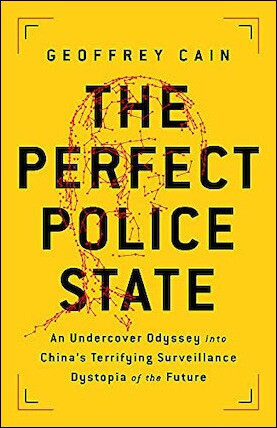Prior colonial rulers—the Spanish in Mindanao, the Dutch in Aceh, the French in Algeria, the Russians in Central Asia—have sought to control their Muslim subjects and defang Islamic sentiments, always failing. Can the Chinese Communist Party (CCP) in the territory historically known as East Turkestan and renamed Xinjiang by its Chinese overlords, succeed in this task?
As Cain’s title suggests, he believes it can. An investigative journalist and technology writer, he emphasizes the mix of the indomitable CCP will and twenty-first-century methods. From first-hand experience and extensive interviews alike, he reports that there exists no “surveillance state so well-honed and menacing as this one,” not even North Korea’s. Xinjiang’s government does not merely surveille and monitor its subjects but seeks “to purge their thoughts” of bad ideas, a wholly different undertaking and one intimately tied to the Uyghurs’ Turkic and Islamic identities. The goal is cultural genocide without killing. As an apparatchik in a detention camp put it,
We are the surgeons who operate on your brains, your ideology. Your minds are poisoned. Now, we will give you medicine. You must be grateful to our great nation for this medicine.
He calls CCP control over Xinjiang an “apartheid relationship.” As might be expected, this has turned some nominal Muslims into active ones: “I decided I was, in my heart, Muslim, because China kept pushing me away, as some kind of other.”
The human costs are already stunning and only getting worse:
Every Uyghur I interviewed from 2017 to 2020 had at least two family members and three friends who had disappeared. ... about one-third reported that their entire families were gone, and they were the only ones who had escaped.




